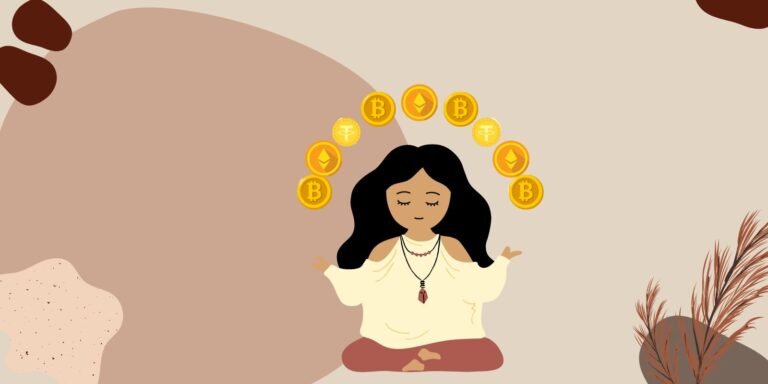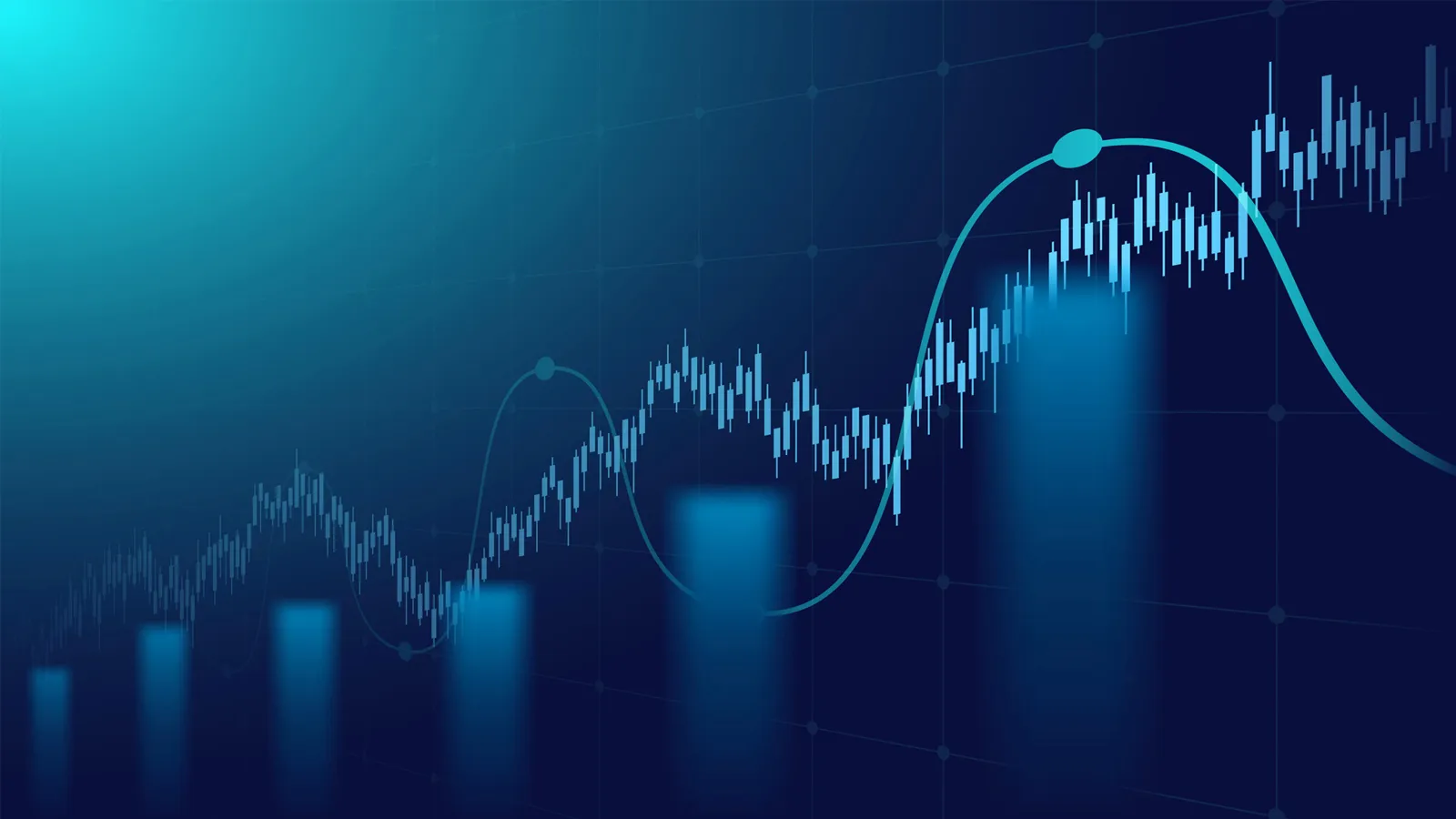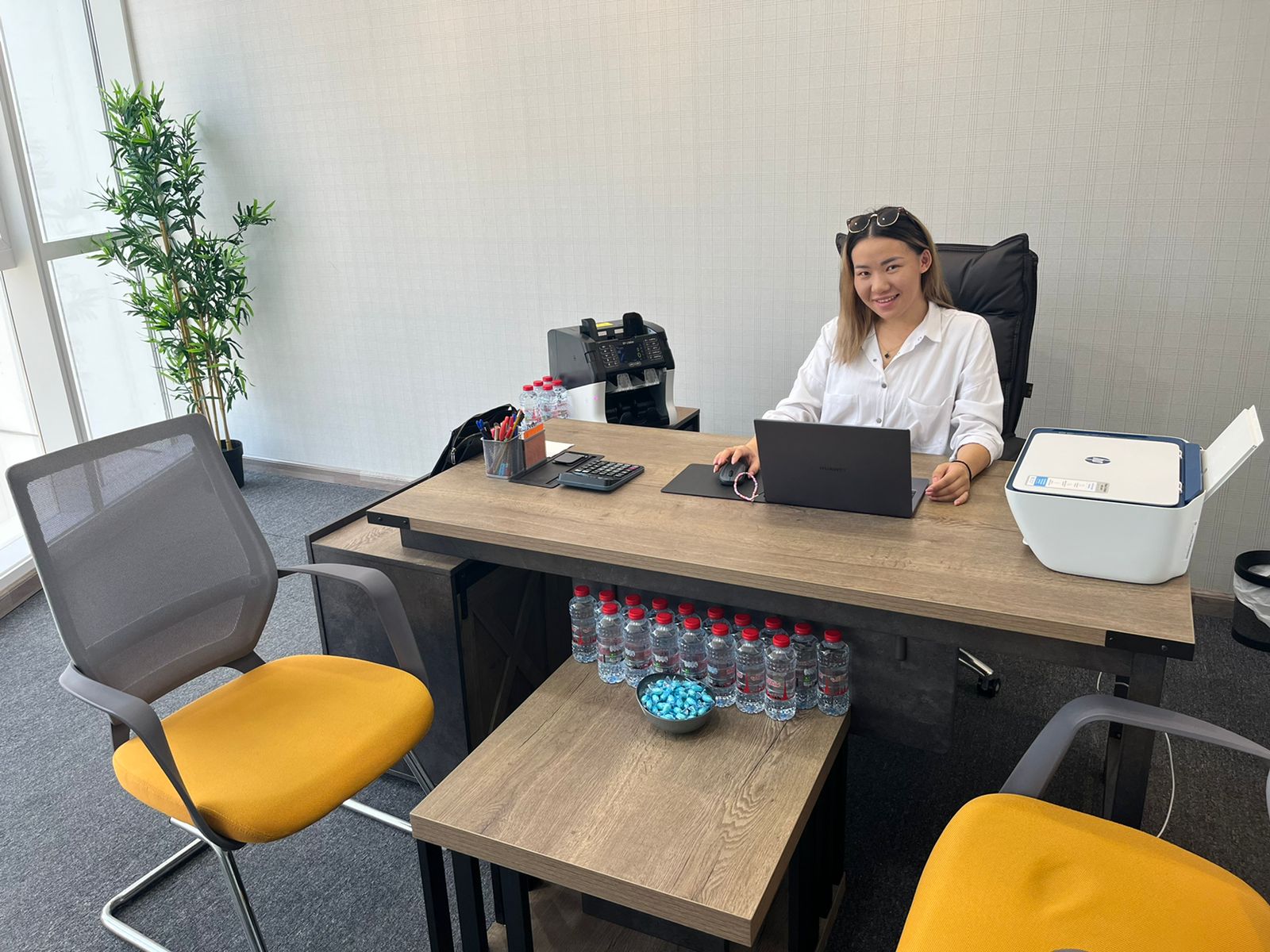Table of Contents
ToggleHave you ever heard of blockchain oracles? No, they’re not mystical prophets predicting the future. Instead, they allow blockchain networks to access and use data from external sources. If you’re curious about what these oracles are and why they matter, then read on!
At their core, blockchain oracles connect the world of off-chain data to the blockchain. While blockchains are great for storing and verifying data within its own secure network, it can’t interact with data from outside sources unless there is an intermediary. That’s where oracles come in—they serve as intermediaries that integrate these external sources into a given blockchain network. They’re useful in cases where a blockchain needs access to real-world data that cannot be verified without a trusted intermediary. In this article, we’ll discuss exactly how blockchain oracles work and why they are such powerful tools for blockchain developers.
What Is Blockchain Oracles?
If you’ve heard of blockchain technology, you may be familiar with the concept of smart contracts. But what exactly are they? Think of blockchain oracles as the intermediaries between the external world and your smart contracts. In essence, they link data sources to the blockchain network.
Blockchain oracles collect data from real-world sources, such as price feeds and weather conditions, and then send it to your smart contract. Without them, your smart contract would not have access to any external information. This means that these oracles play a crucial role in making sure that your smart contract executes correctly.
In addition, these oracles can also be used to trigger events on-chain when certain conditions are met—for example, when a stock price reaches a certain threshold or when weather conditions change suddenly. This makes them an invaluable tool for creating automated processes on the blockchain.
What Is the Role of Oracles in the Blockchain?
Oracles are an important link in the blockchain ecosystem and their role should not be overlooked. Oracles are responsible for connecting the blockchain to external data sources, allowing for real-time information to be sent and received. This is especially useful for smart contracts, as it allows them to interact with external systems and processes such as payment networks and various APIs.
But how do oracles work? Put simply, they are agents that connect the blockchain to external sources of data. They can collect information from a variety of sources, such as websites, sensors, APIs, and other databases. They then compile this data into a form that can be understood by blockchain technology and relayed back in the form of transactions.
In doing so, oracles provide the blockchain with valuable information that enables it to execute operations with greater accuracy. This is particularly important when it comes to tasks such as processing payments or executing contracts since they require accurate real-time information to function properly. Ultimately, oracles help make sure that transactions are as secure and reliable as possible when people buy USDT with cash in Dubai or other cryptocurrency variants.
Types of Oracles in the Blockchain
Now that you know the basics, let’s get into the types of oracles used in the blockchain. There are two main categories of oracles: hardware and software, and inbound and outbound. Let’s explore each one separately.
Hardware Oracles
Hardware oracles are physical pieces of technology embedded into the blockchain network. They provide real-world data to be used for smart contracts, such as temperature sensors, sound detectors, etc. This type of data is crucial for giving real-time information to be used in smart contracts and to ensure automated transactions are accurate.
Software Oracles
Software oracles are similar to hardware counterparts but use digital data instead of physical input to provide information to the blockchain network. Such examples include geolocation services, stock prices, and exchange rates which typically need more frequent updating than traditional data sources like birth certificates or property rights records.
Inbound Oracles/Outbound Oracles
Inbound oracles are sources that provide data that are sent directly into a blockchain network while outbound oracles send instructions from a blockchain network out into a different application. It’s important to note that both inbound and outbound oracles can be either hardware or software-based.
Centralized or decentralized? That depends on your business needs — but whatever you choose, these types of oracles will help power your organization’s success!
How Do Oracles Connect Smart Contracts?
Do you want to know how Smart Contracts use blockchain oracles? At the core, blockchain oracles are connectivity mechanisms for smart contracts, which are pieces of code that execute once certain conditions are met.
What do Oracles do?
Blockchain oracles bridge the gap between traditional contracts and smart contracts—they bring external data into the blockchain and connect external systems with smart contract networks. They provide real-world data to trigger a contract and confirm the accuracy of transactions on the blockchain. For instance, if a contract says that one party will receive payment when the market price of a certain asset hits a certain amount, then an oracle will be used to provide real-time pricing data to see if it has reached that amount yet.
Types of Oracles
There are two main types of oracles: off-chain oracles and on-chain oracles. Off-chain oracles connect off-chain systems (like APIs) with on-chain contracts, while on-chain oracles execute actions in both directions, from off-chain systems to on-chain contracts and from on-chain contracts to off-chain systems.
Overall, blockchain oracles provide the information needed for smart contracts to be executed accurately and securely. With the help of trusted sources that provide varied sets of data, developers can create trustworthy applications that run autonomously by leveraging this powerful technology.
Benefits and Drawbacks of Using Oracles in the Blockchain
You may be wondering what the benefits and drawbacks of using oracles in the blockchain are. Let’s take a closer look at the pros and cons of using blockchain oracles.
Benefits
First and foremost, the primary benefit of using oracles in the blockchain is that it allows users to access external data sources within a secure network, which can help create more efficient business processes. Furthermore, blockchain oracles can be used to generate smart contracts without having to rely on trusted third-party intermediaries, which can reduce costs and time for people who frequently buy or sell cryptocurrency.
Drawbacks
On the other hand, there are some drawbacks to using oracles in the blockchain. For one, there is no standard protocol for how oracles communicate with each other. Additionally, they may require additional processing power to perform their tasks depending on the types of operations being performed. Lastly, since they are reliant on external data sources, they are vulnerable to errors that could lead to incorrect data being transmitted across nodes.
Potential Use Cases for Blockchain Oracles
Blockchain oracles can have a wide range of potential use cases, from powering smart contracts to facilitating secure data transfers. Here are some of the ways that blockchain oracles can be used:
Automated Marketplaces
Blockchain oracles can be used to create more complex types of automated marketplaces with different levels of access and different rules for interaction. Oracles can also be used to create verifiable trust between multiple parties in these marketplaces, allowing them to instantly verify the accuracy and authenticity of the data they are working with. This can lead to increased efficiency and cost savings in these types of systems.
Smart Contracts
Smart contracts are becoming increasingly popular due to their programmable and autonomous nature, and blockchain oracles are essential for enabling these contracts. Smart contracts allow for the automatic execution of contractual clauses without needing human intervention, but they require a reliable source of data for them to function properly — which is where blockchain oracles come in.
Secure Data Transfers
Blockchain oracles can also be used for secure data transfers between different systems. By using an oracle, companies can easily verify the accuracy and authenticity of any data sent across their networks without needing any manual intervention. This ensures that any sensitive information, such as transactions involving the sell USDT in Dubai, is never shared with unauthorized parties. As a result, the risk of data breaches and other security risks is significantly reduced.
Conclusion
In conclusion, oracles are becoming increasingly popular in the blockchain world as they provide an essential link between on-chain and off-chain data. They enable smart contracts to access external data and enable greater functionality to the underlying blockchain. They are secure, reliable, and easy to use and thus, provide the missing link between smart contracts and the real world.
Oracles are still in the early stages of development, but they have the potential to revolutionize the blockchain industry and the way data is handled. Investing in the development of oracles is likely to yield great returns down the line and help accelerate the adoption of blockchain technology.





